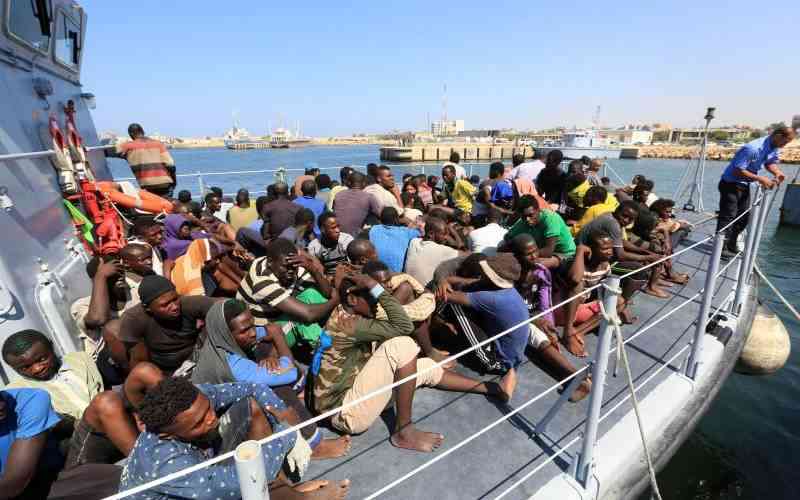×
The Standard e-Paper
Home To Bold Columnists

The glorious Global North empires are staring at a bleak future as the populations which powered their economies age and retire in droves.
The baby boomer generation born shortly after the war in 1946 and 1964 shaped the labour market in Europe and America for decades. But now, the earliest baby boomer is approaching 80, the youngest is clocking 60.